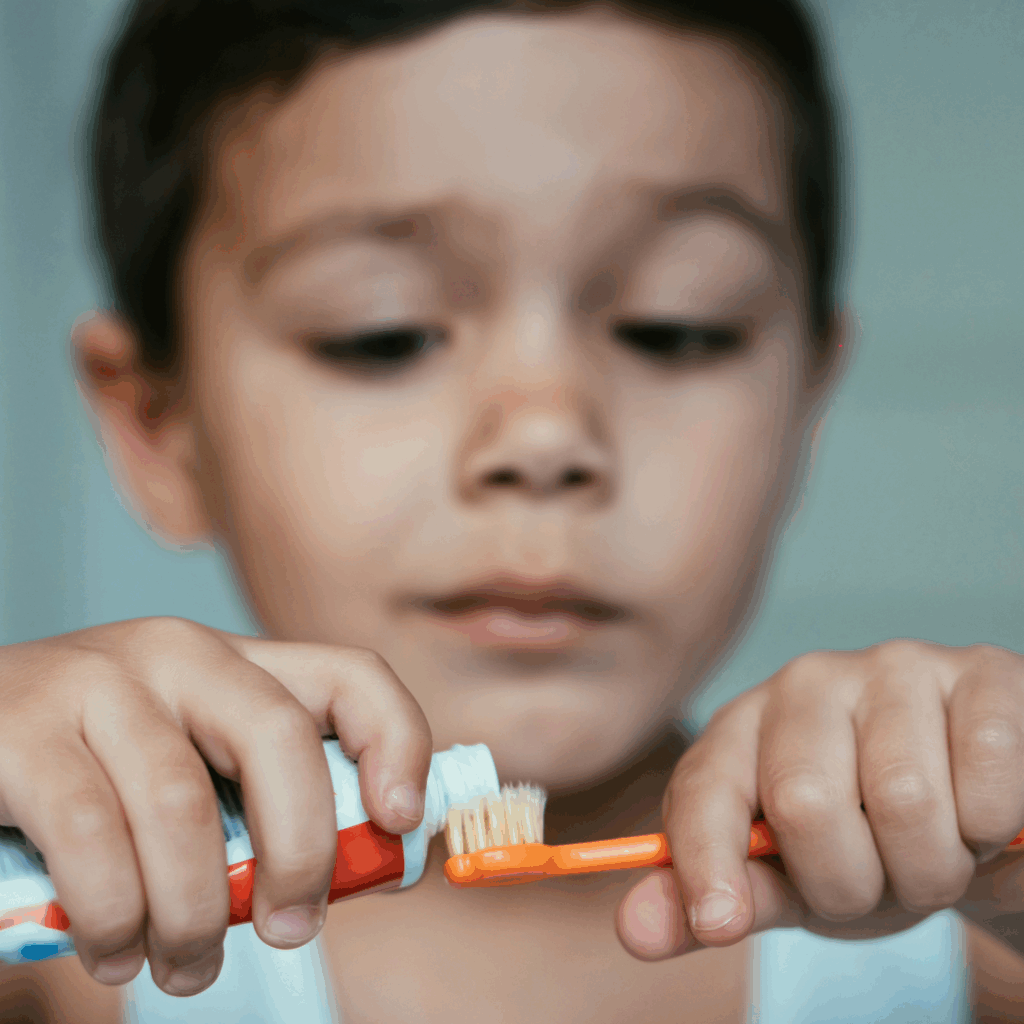10 Year Plan for Health in focus
The Government’s 10-year NHS plan was published on 3 July. One of the plan’s key shifts is a focus on prevention over treatment, as well as prioritising addressing health inequalities, with funding committed to the most deprived areas.
Tooth extraction is the leading cause of hospital admission among children aged 5 to 9 years old, yet it is almost entirely preventable.
To address this, the 10-year plan sets out a focus on dentistry and its commitment to improving access to dental services, particularly for those with the greatest clinical need. The aim is to provide “more readily accessible, good quality care – including better prevention – to those most in need”, with children being an urgent priority.
Preventative measures to reduce risk of tooth decay for children in North Central London
Here at TPHC, we are committed to addressing health inequalities through prevention – and we have been working with our clients to do so too. In North Central London, we’ve been supporting the Integrated Care Board (ICB) to help children and young people to better understand how to brush and look after their teeth. Local dental data revealed that children from the most deprived areas are at higher risk of tooth decay, increased hospital admissions, school absence and long-term health risks.

A Supervised Toothbrushing Programme, co-designed with the community dental services and local authorities, targeted over 1,000 3 to 4-year-olds in over 70 early years settings.
The programme aimed to promote good oral health while encouraging children to build good habits for life. It was reinforced by providing educational materials for parents promoting healthier food and drink choices.
These schemes, with a focus on prevention, have had positive results.
- Toothbrushing twice daily rose from 47.1% to 61.8%, and children demonstrated better recognition of high-sugar drinks such as smoothies and milkshakes.
- Preference for water over high-sugar drink alternatives in school increased from 51.1% to 79.2%, and during sports from 21.3% to 49.7%.

Dental general anaesthetic clinics and weekend services were also expanded to increase access and reduce treatment delays for children needing complex care. As a result, weekend clinics cut referrals to secondary care by 85% and reduced waiting times for general anaesthetic treatment from 21 to 17 weeks.
Commenting on role in shaping and delivering this impactful programme, Mark Eaton, Director of Strategic & Delegated Commissioning, North Central London Integrated Care Board, commented:
“The team from TPHC have been essential in both structuring and delivering our Dental Transformation Programme and through their expertise and management we have been able to increase capacity and improve outcomes for our population. Without their input we would not have achieved as much as we have in the timescales we have done it.”
Targeted interventions to increase access to dental care
These initiatives were targeted at settings in areas of high deprivation to help address health inequalities, increase access to dental care and ultimately to improve the health of children and young people.
Helping to embed healthier habits at a young age by promoting the importance of brushing teeth effectively twice a day will prevent more children from developing dental issues and other health related issues later in life, reducing the need for hospital care and dental work such as fillings and extractions.
Connect with us
Any questions? Send us an email.
Click here to subscribe to Insight, our quarterly e-news digest to stay up to date on our latest work.
